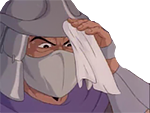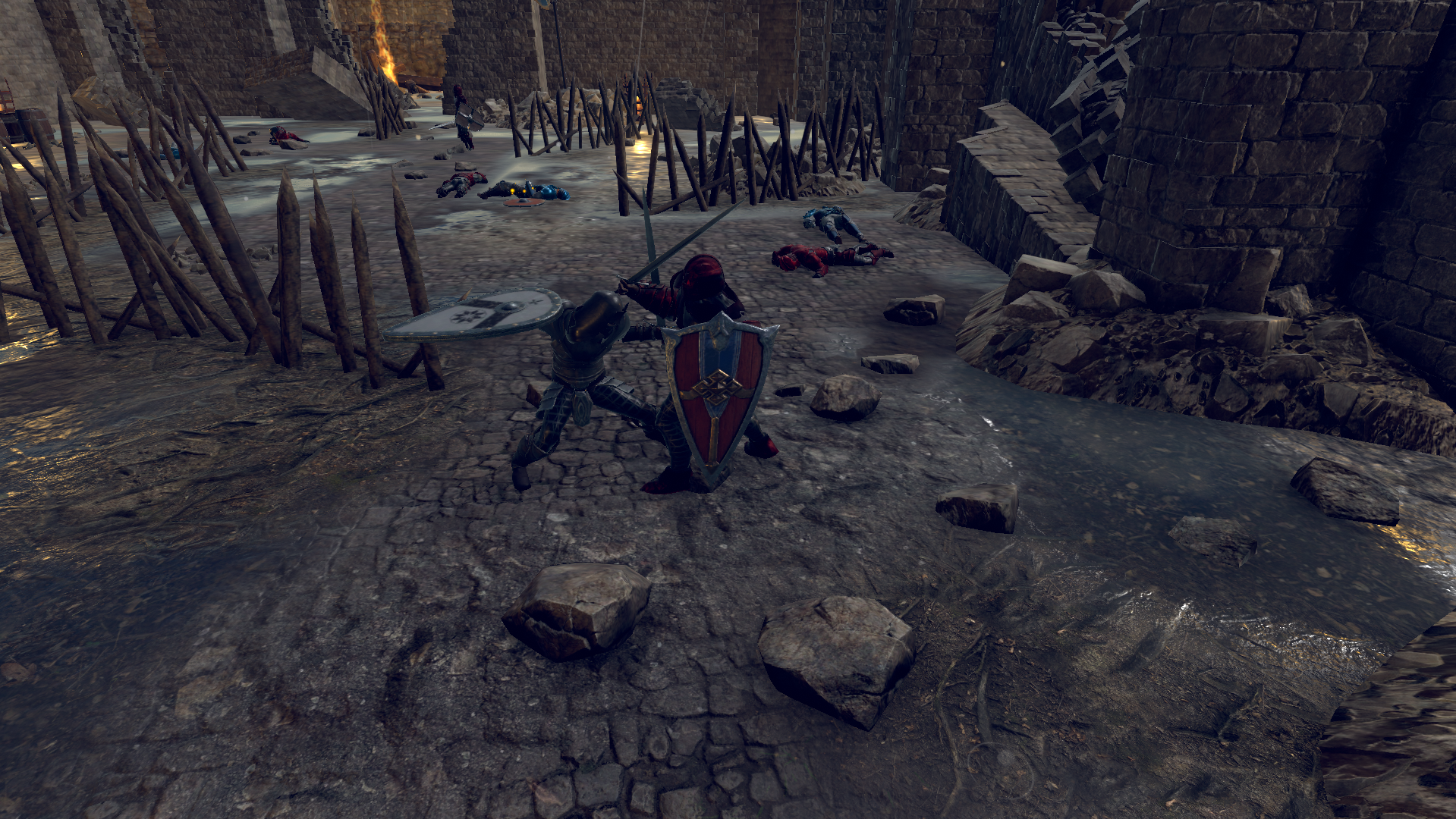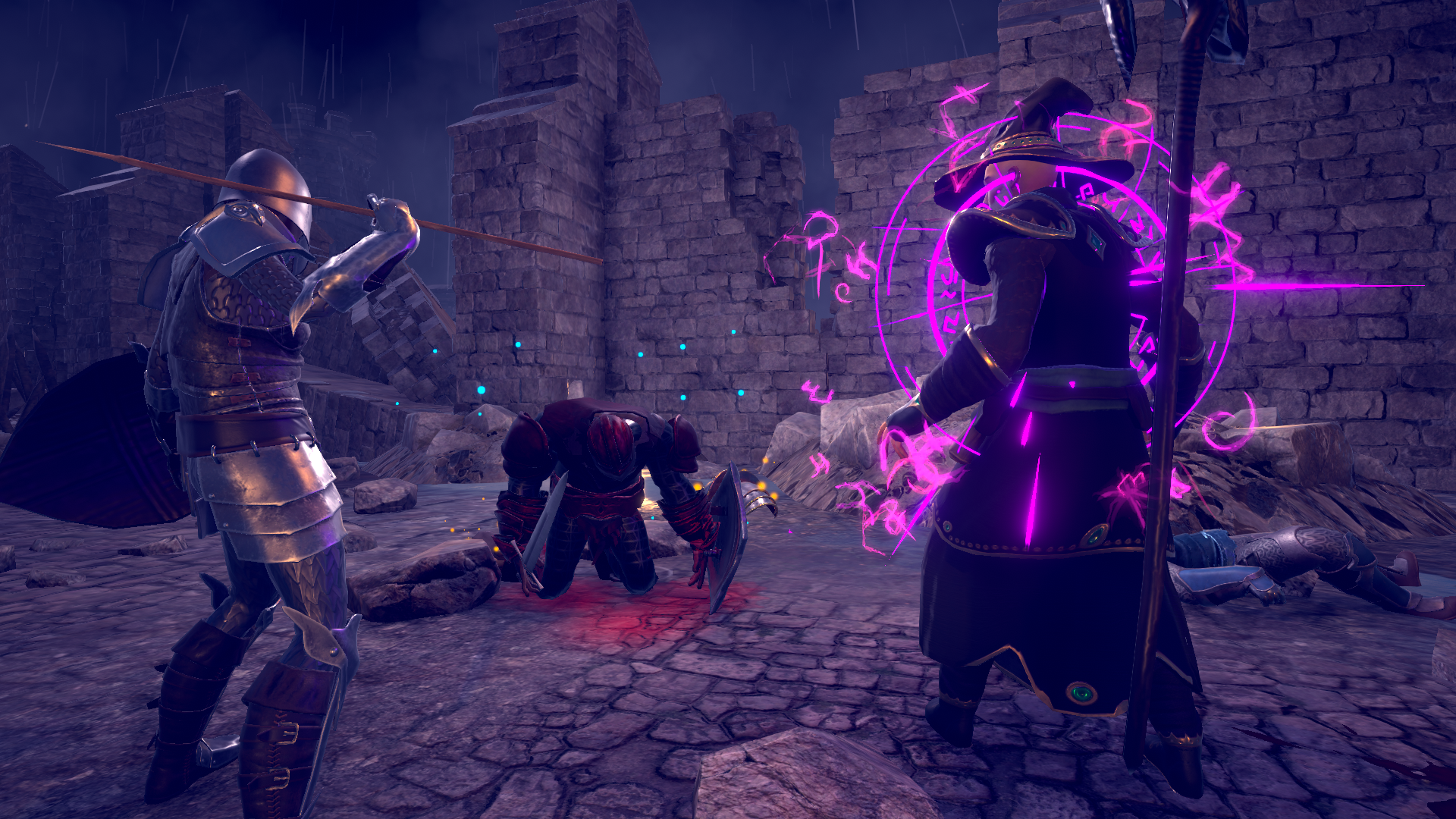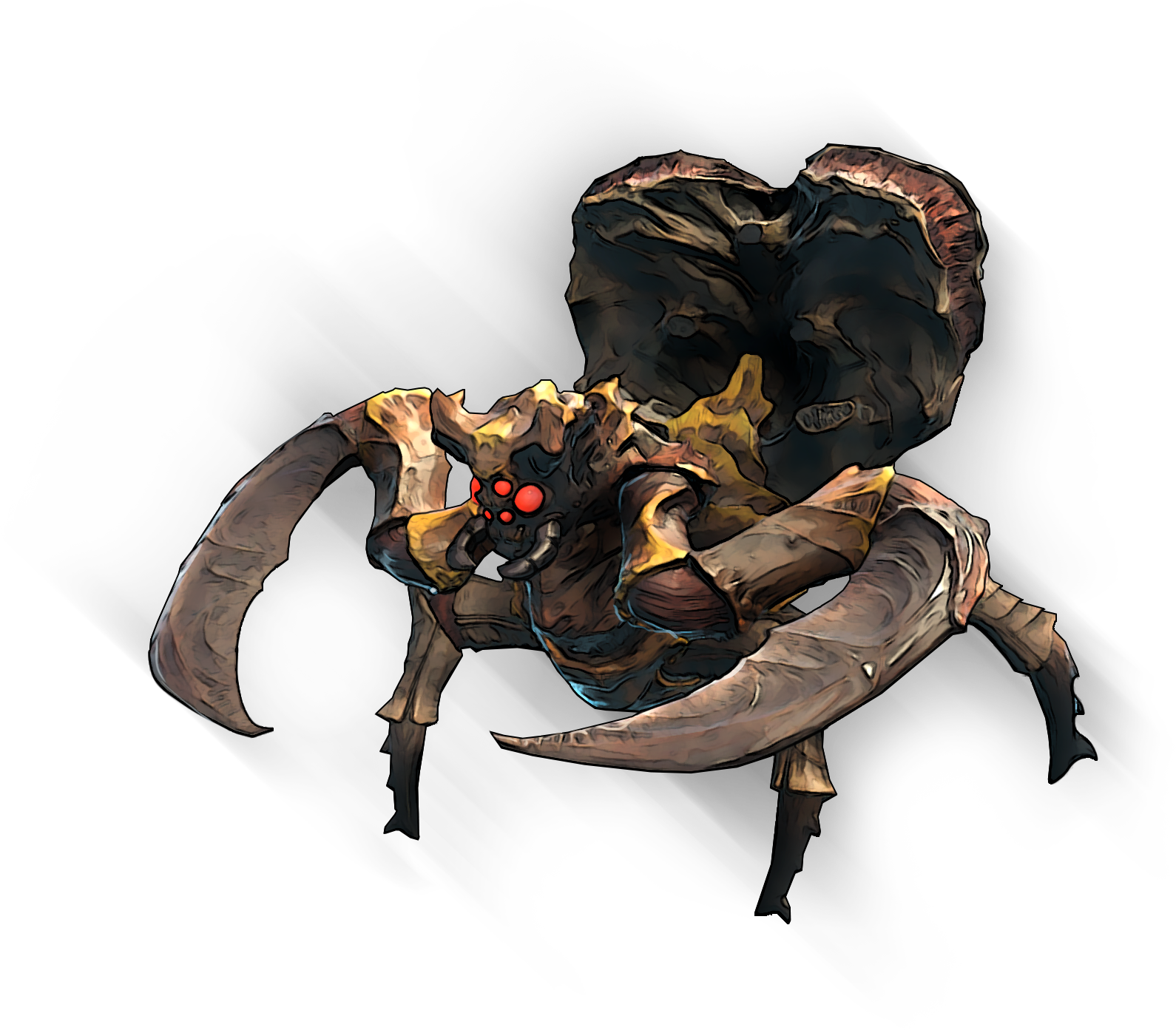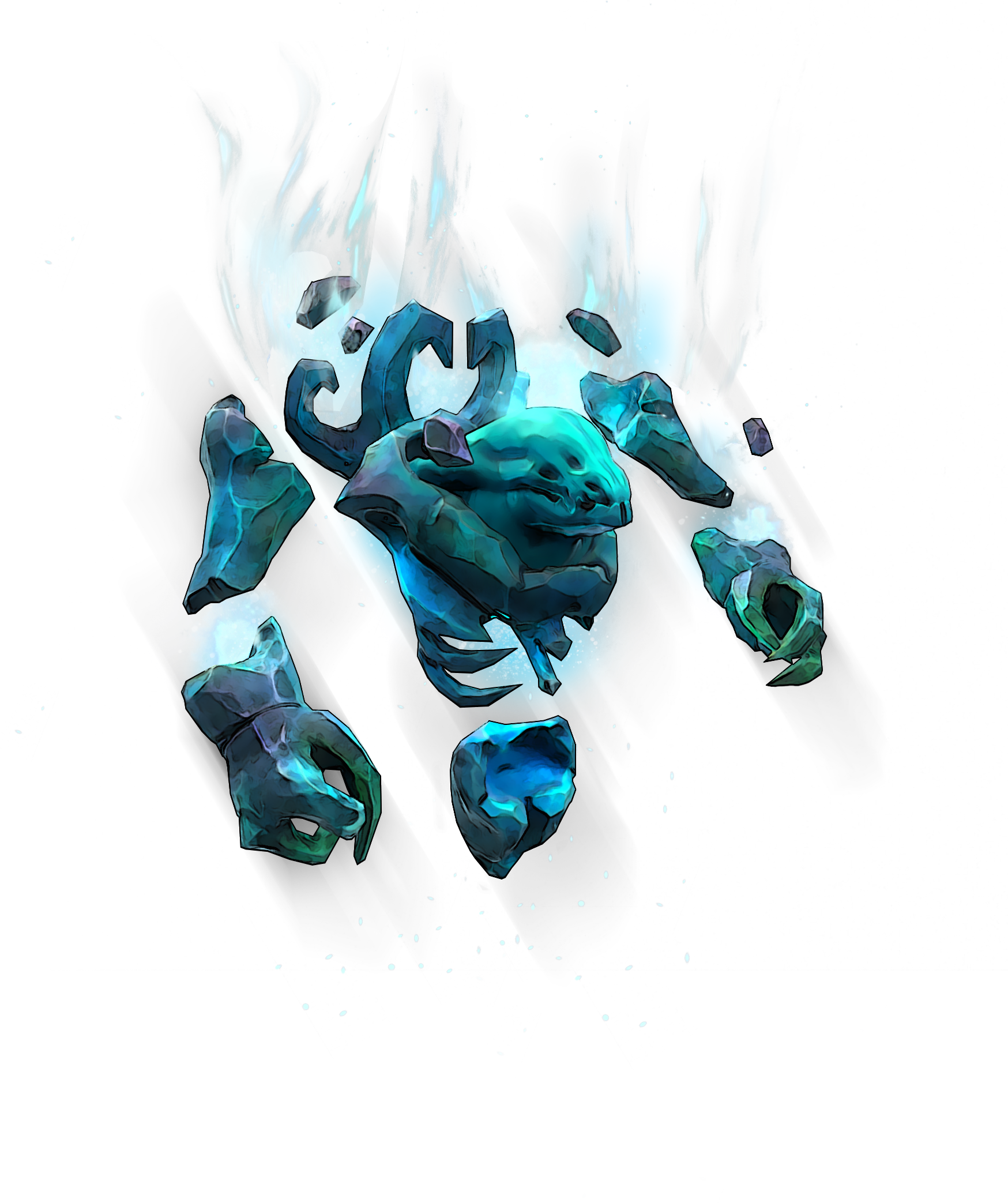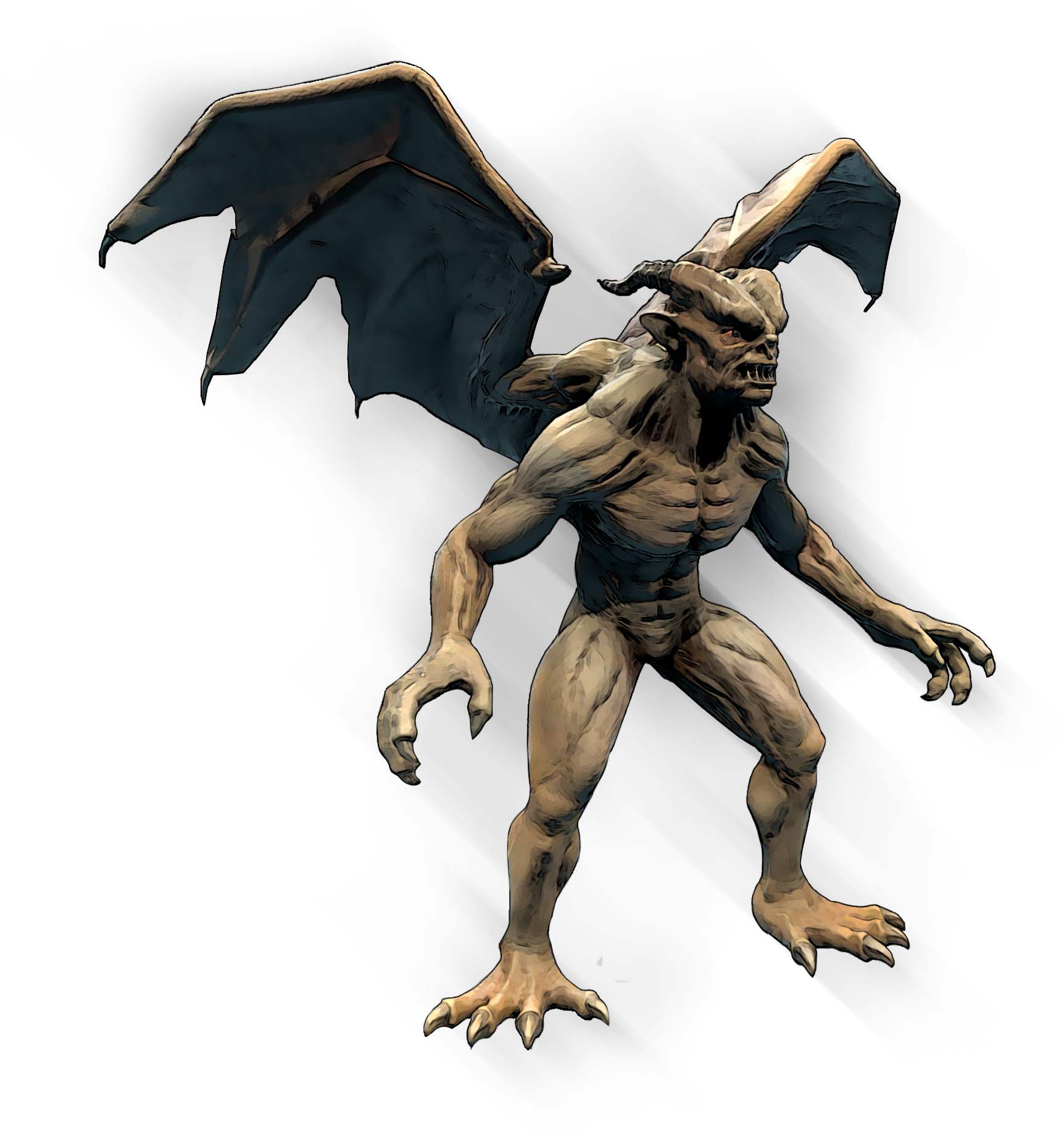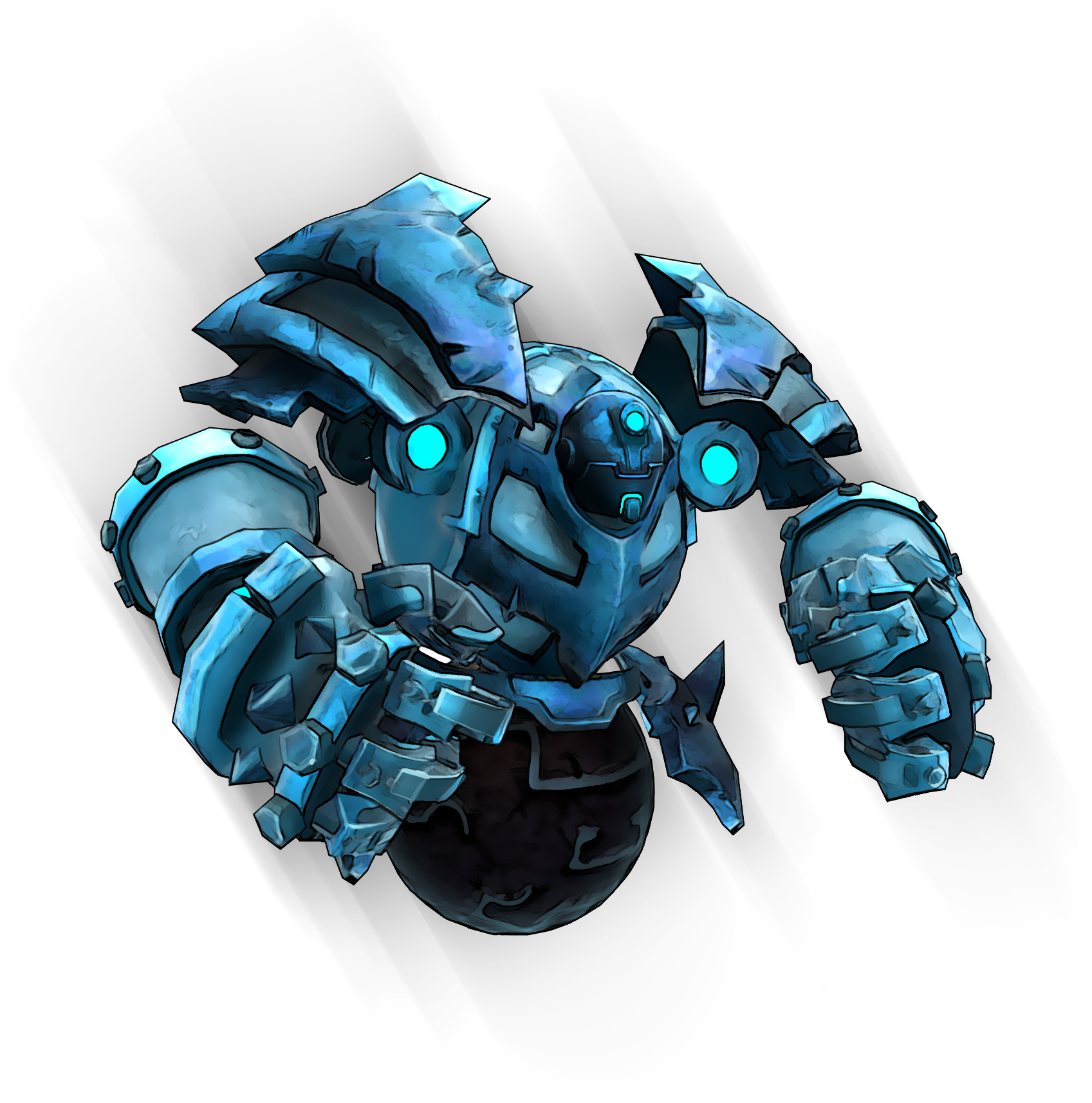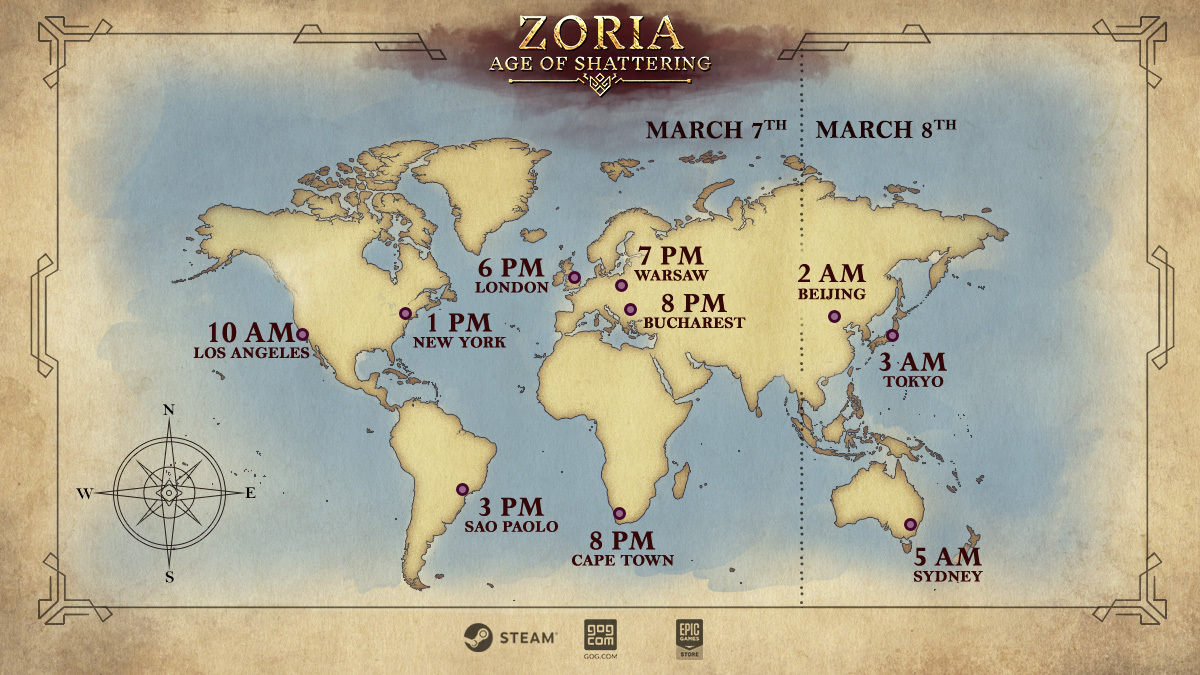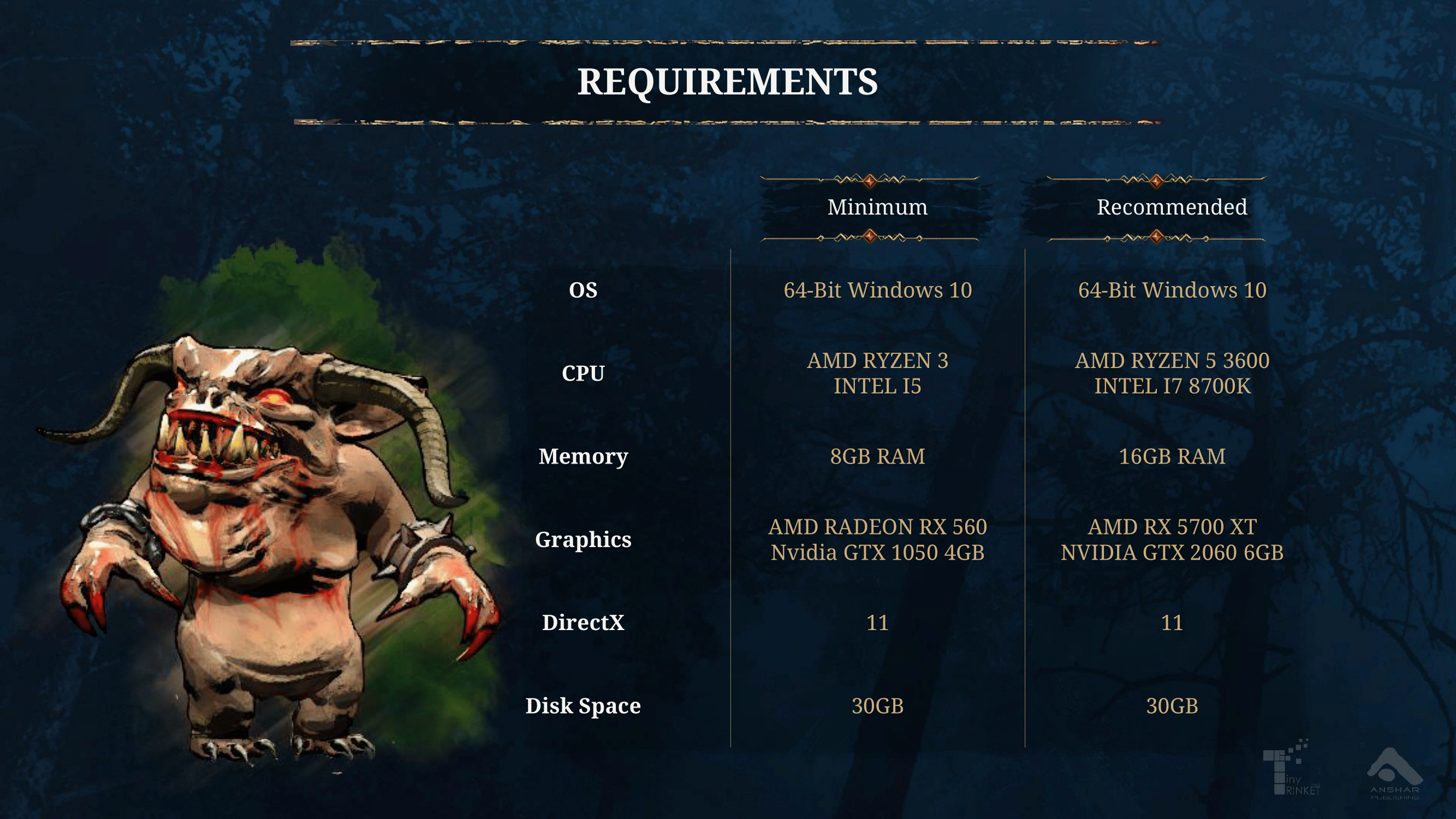With 50 playable heroes, indie RPG Zoria: Age Of Shattering wants to "marry XCOM to Baldur's Gate"
Tiny Trinket Games tell us why they're trading deeper characters for more involving exploration
The success of
Baldur's Gate 3 is a double-edged sword for other CRPGs launching in its wake. On the one hand, there's arguably a hungry
new audience for such games; on the other, you're going up against one of the
best RPGs ever made.
Expectations are high, but Tiny Trinket Games' co-founder Stefan Nitescu remains unfazed as his three-strong team prepare to release
Zoria: Age Of Shattering on March 7th. Zoria is carving an altogether different path through the RPG landscape, fusing isometric exploration with XCOM-like combat and 50 playable characters who are more like unit classes than personalities. The latter is a decision that comes with its own "repercussions", says Nitescu, but he's confident that it will help Zoria stand apart, with character abilities being unusually central to exploration.
"This 'exploration + characters' structure is how you marry XCOM to Baldur's Gate," he tells me. "You have the base, you have a lot of characters, but you don't go on those tiny missions. You have the system and you apply it to a world." The game treats your RPG party more like a squad of XCOM soldiers than a web of conflicting personalities, but party member abilities aren't just about combat - they all have their own tools for unlocking parts of Zoria's map to let you explore it further. It's an intriguing proposition, and an ambitious goal for a studio of just three people.
This class-based exploration immediately makes itself apparent as I play through
the Steam Next Fest demo. As I lead my own custom-made wizard into battle to defend our home's keep from invasion, I get the choice to pick a battle cleric or a lancer to come with me. Each are equally capable in battle, I'm told, but since it's the battle cleric (who's also my commanding officer) posing the question in the first place, I go with her mostly out of politeness. It was a good choice, not least because she's able to heal as well as dole out damage, but later on in the demo I come across a large wall of debris that can only be cleared by the superior strength of a lancer.
.PNG?width=690&quality=80&format=jpg&auto=webp)
Image credit: Anshar Publishing, Surefire.Games
Obstacles like this are Zoria's bread and butter, Nitescu tells me, and reforming your party often to complete quests and push further into Zoria's world is all part of how Tiny Trinket Games are putting their own spin on RPG exploration. The wizard, for example, can conjure bridges, while priests can purify cursed areas and ward off evil magic. My choice of battle cleric also let me interact with various shrines to restore my party's health and stamina as I made my way around the castle courtyard. All 50 characters will be able to have some kind of impact on the environment as you get further in the game, Nitescu continues, and later on you'll be able to return to areas that may have been previously inaccessible the first time you encountered them due to your party composition.
"Usually these kinds of games, and, sure, we can think of Baldur's Gate - it's only been all over the news for the last six months! What usually happens is you have a fixed or somewhat fixed party, and they get you through the whole game," he says. But for Tiny Trinket, their priority was giving players the freedom to explore Zoria in whatever way they wanted, whether that's with a traditional and varied party of melee, magic and ranged characters, or a squad composed entirely of healers.
"If you want to go all healers, it's going to work," he laughs. "It's probably not going to work how you think, and it will probably take you longer, but you can. And the idea behind it is exactly that: you can do that. That's why we went with so many characters."
.PNG?width=690&quality=80&format=jpg&auto=webp)
.PNG?width=690&quality=80&format=jpg&auto=webp)
.PNG?width=690&quality=80&format=jpg&auto=webp)
.PNG?width=690&quality=80&format=jpg&auto=webp)
Image credit: Anshar Publishing, Surefire.Games
Battles are intended to be quick and breezy affairs, Nitescu says, and there is a definite zippiness to them in the Next Fest demo. Each character has two action points at their disposal, and you can either move freely around the environment in a similar fashion to Baldur's Gate 3, or deploy one of your abilities - assuming you have a clear line of sight to your target, that is. Side and back attacks also deal more damage, so strategic placement of your party is key. Admittedly, I often fell into a tempting pattern of simply pelting the rank and file fodder enemies with spells where I stood rather than spend a point moving to a more strategic position, but tougher enemies weren't so accommodating. These
will need more nouse and tactical planning if you're going to walk away from them unscatched, and these encounters will no doubt be where Zoria's many hero options really come into their own.
Having such a large cast in an RPG does, of course, come with some trade-offs when your development team is as small as Tiny Trinket, and Nitescu is upfront about Zoria's shortcomings during our chat. "A lot of the characters aren't going to have very much depth to them," he admits. "They'll have a bit of a backstory and they'll make sense where they come from and why they're there, but they're not going to have their own personal saga." Everything multiplies when you're dealing with 50 characters, and "you can do that if you're Bethesda, but we're a teeny weeny bit smaller," he says.
Nitescu also says he would have liked to have done "more branching" in the game's story, but given the limits of what they're able to work with, he says his main goal has been to create a world that "feels like it's lived in". Indeed, this is still a game whose NPC schedules are governed by a day/night cycle, for example, and one that only lets you craft new weapons and items when you happen upon a blacksmith. "You usually don't go round with a bucket of coal and a hammer and do that on the road," Nitescu chuckles, "so we're trying to reference the real world a bit and act accordingly".
.PNG?width=690&quality=80&format=jpg&auto=webp)
Image credit: Anshar Publishing, Surefire.Games
You will, of course, be able to rest and cook food around your campfire, and perform a bit of alchemy to craft potions and objects with the items you've got in your stash. But resting also consumes resources and supplies - "kind of like camping does!" Nitescu says - so you'll need to manage your party's
survival with how you explore the world and the pace at which you engage with its turn-based battles. Resting wasn't really a problem in the Steam Next Fest demo, admittedly, which gave me ample supplies to heal up as often as you like, but cooking and resting also give you extra class and food-based bonuses to play with. I hope the final game is similarly generous with camping supplies so you can take advantage of these buffs, without having to stretch yourself too thin on your adventure.
Ultimately, Nitescu wants players to feel "like you're there" and that you've left some kind of dent on the world you've spent so much time in. That's one of his main bugbears with RPGs: the question of, 'Well, now what?' when everything's said and done. "You save the world, but there's no mark that you've really been on the spot where you exist," he says. "You don't really have a house, and practically nothing you do leaves any kind of tangible mark, so this is why we went with having a base, and let's make it upgradeable, like you feel you have been there." Again, it comes back to how "real life usually works," he muses. "You're probably not going to save the world, but you're going to leave a mark where you are."
.PNG?width=690&quality=80&format=jpg&auto=webp)
Image credit: Anshar Publishing, Surefire.Games
.PNG?width=690&quality=80&format=jpg&auto=webp)
.PNG?width=690&quality=80&format=jpg&auto=webp)
Image credit: Anshar Publishing, Surefire.Games
That base will morph and change over time as a result, too - not just as you house more heroes, but also as you build more facilities and upgrade the capabilities of your outpost. "Almost all the upgrades are visual," Nitescu notes, and he hopes players will be able to "feel [their] evolution in the world as you're playing." You'll have plenty of chances to admire your handiwork as well, as you'll need to return to your base reasonably often to rid yourself of the fatigue you accumulate from travelling on the road, with Nitescu saying that after two or three camps, you're going to start missing your proper bed back at home.
Add to this a loot and crafting system that gives you Diablo levels of loot to pick and choose from across your 50-strong cast, and Zoria really does feel like it's punching about its weight. There are still a number of rough edges you can see in the Next Fest demo - its small text boxes and large font sizes make its dialogue tricky to parse at times, and its battle animations and environmental effects aren't quite as flashy and characterful as you might see in other games, perhaps. But it's an impressive feat nonetheless for a team of just three, though whether the public and their Baldur's Gate-tinted glasses will agree is another matter. Zoria had a successful
Kickstarter campaign at the end of 2022, but after the studio ditched their original plans to first launch into early access, it's under more pressure to get things right at launch on March 7th. In the meantime, you can try its demo for yourself on both
Steam and
GOG.
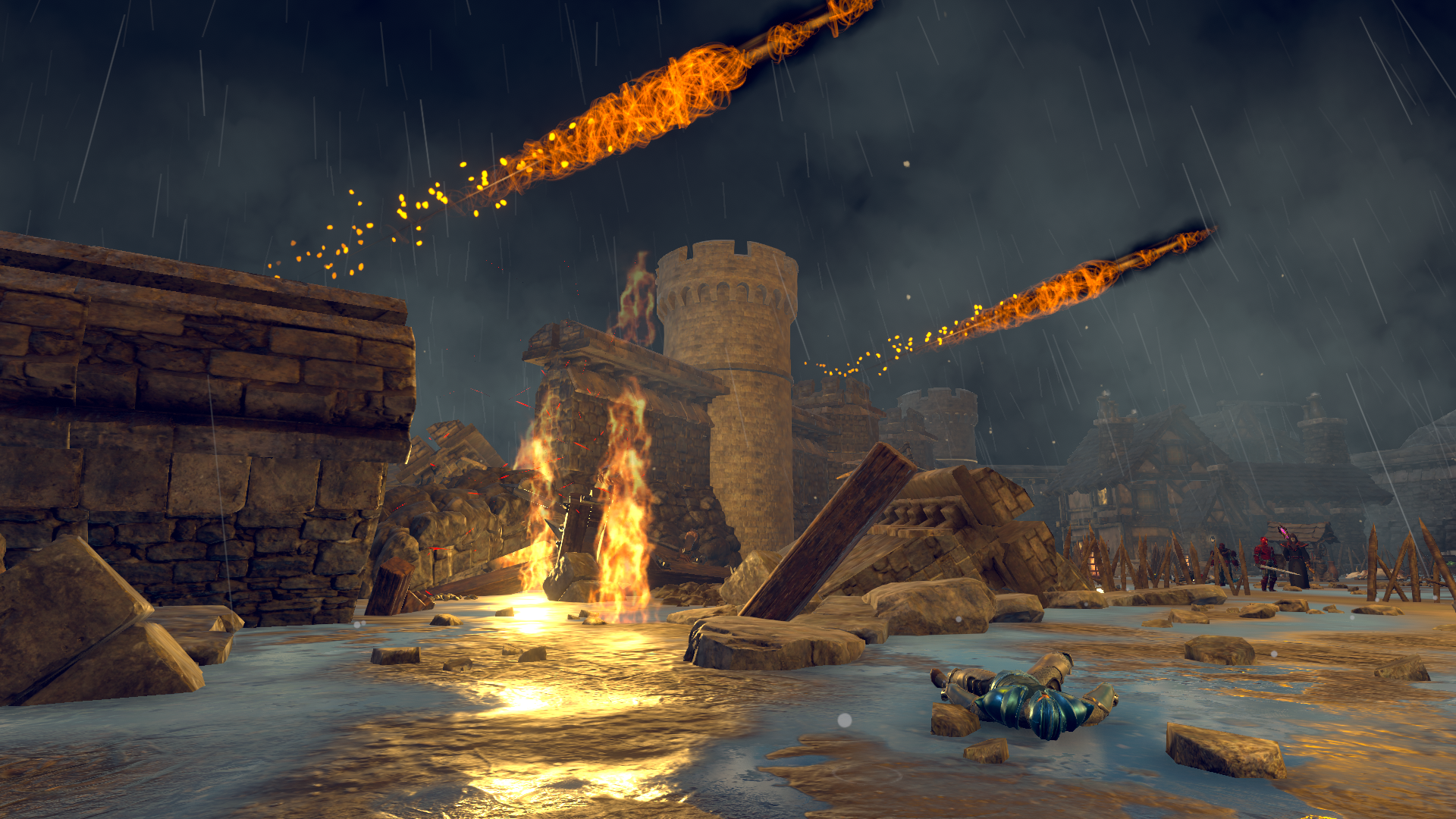
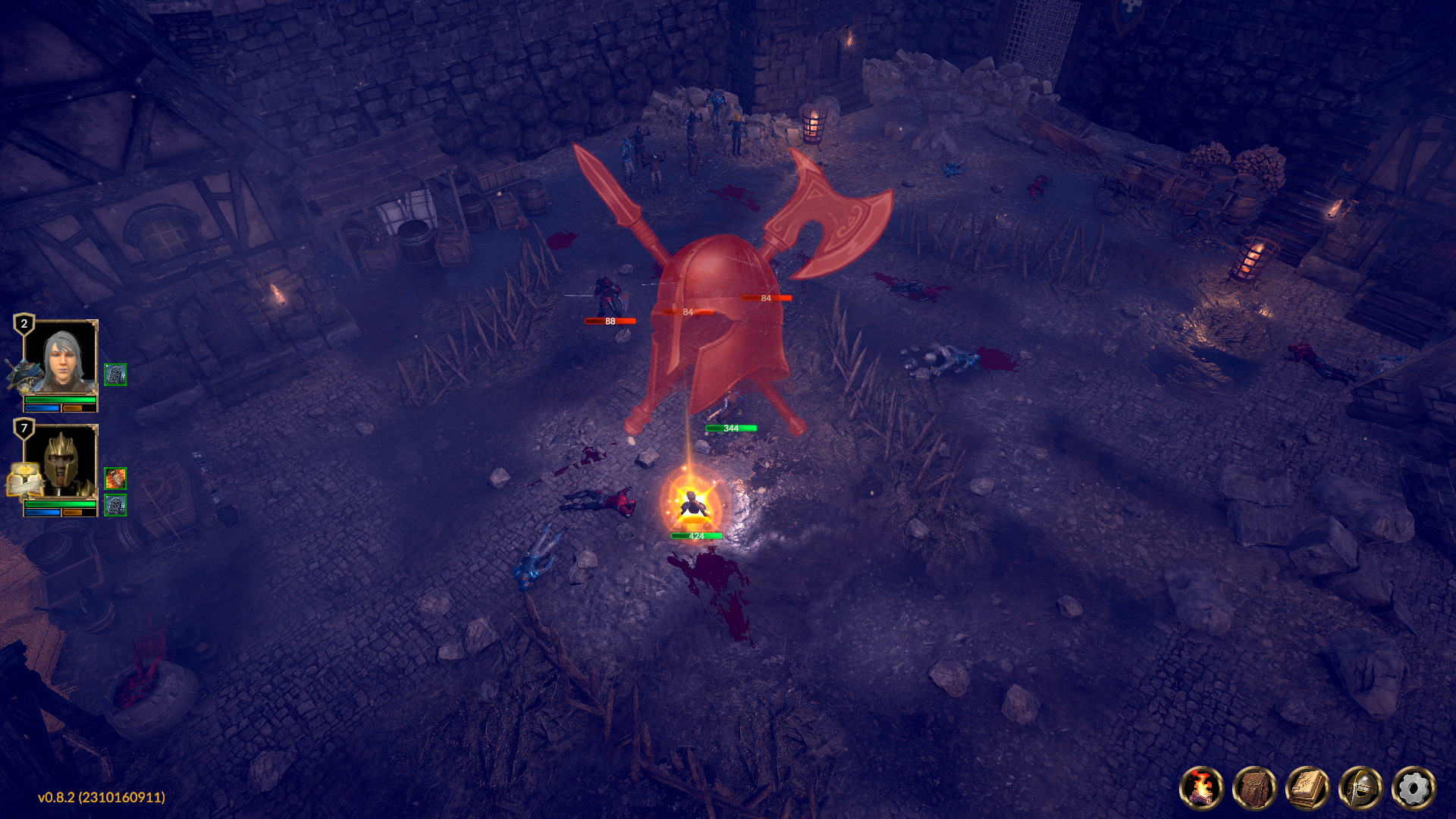
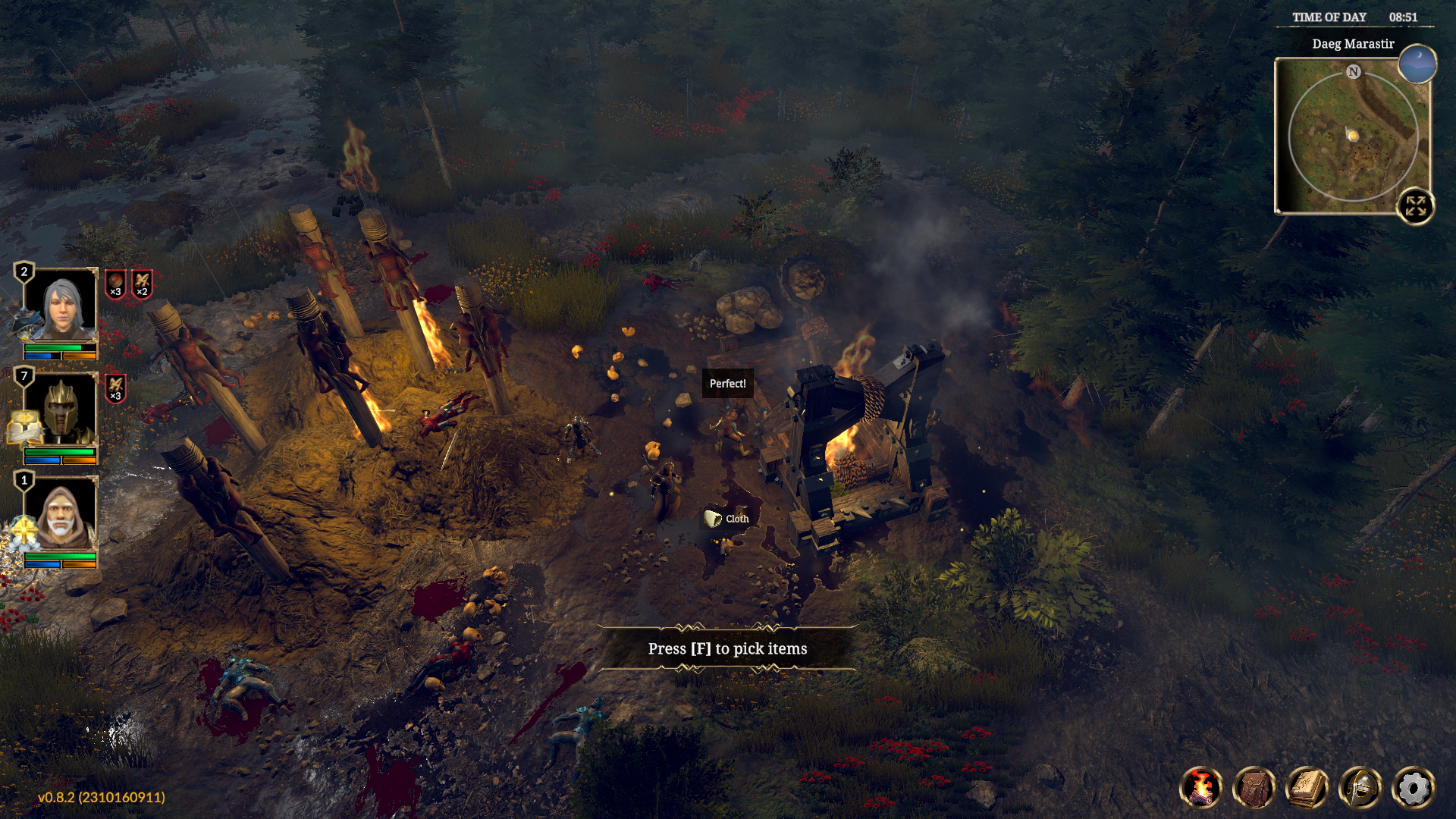
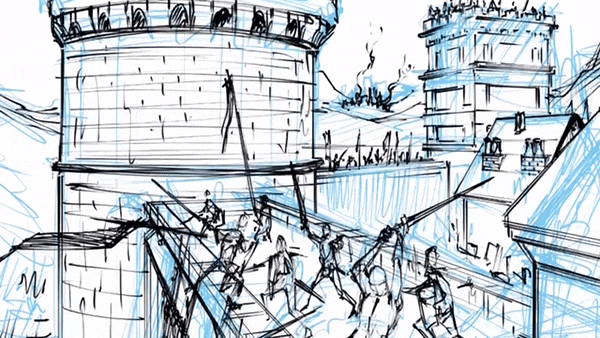
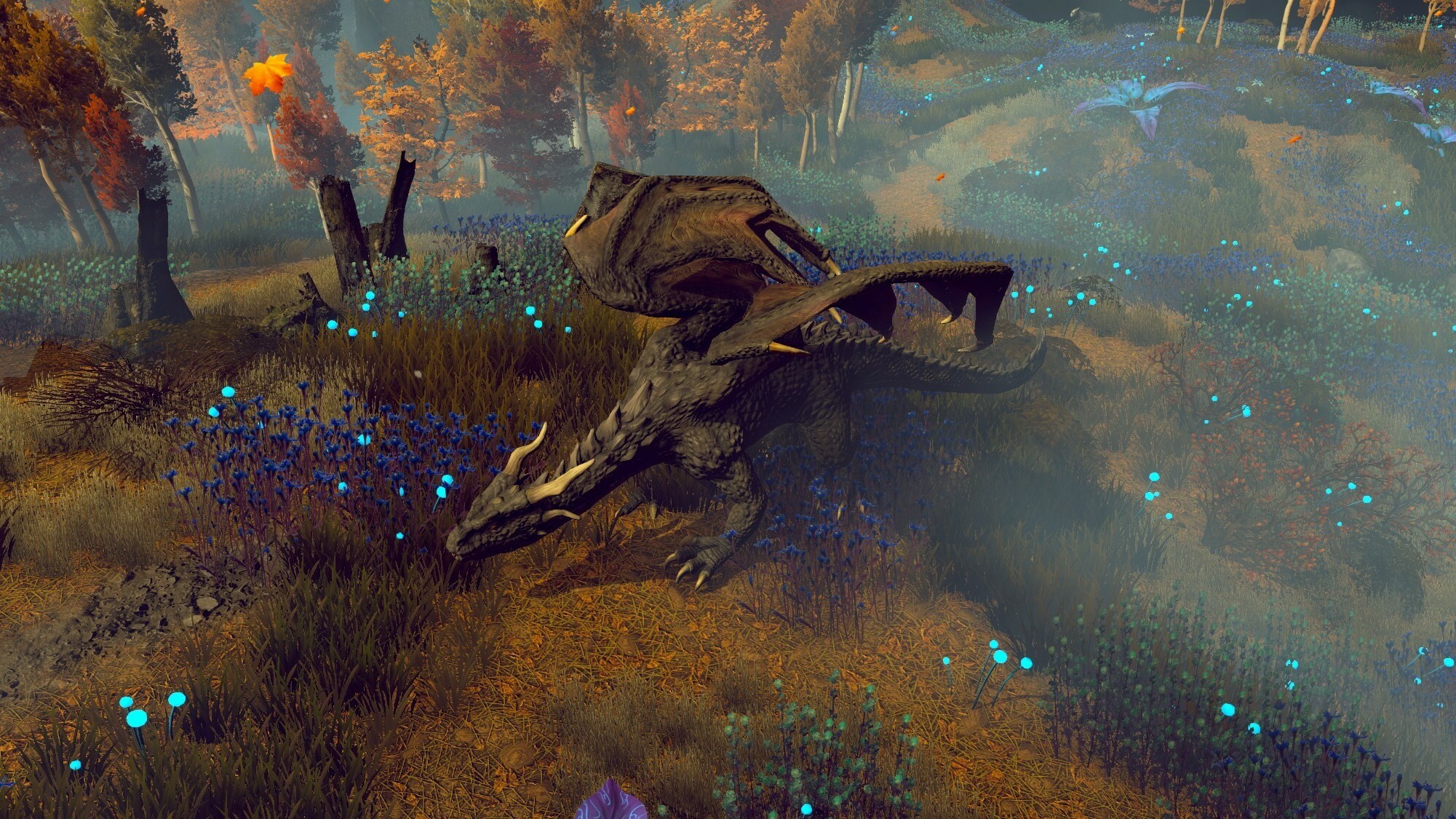
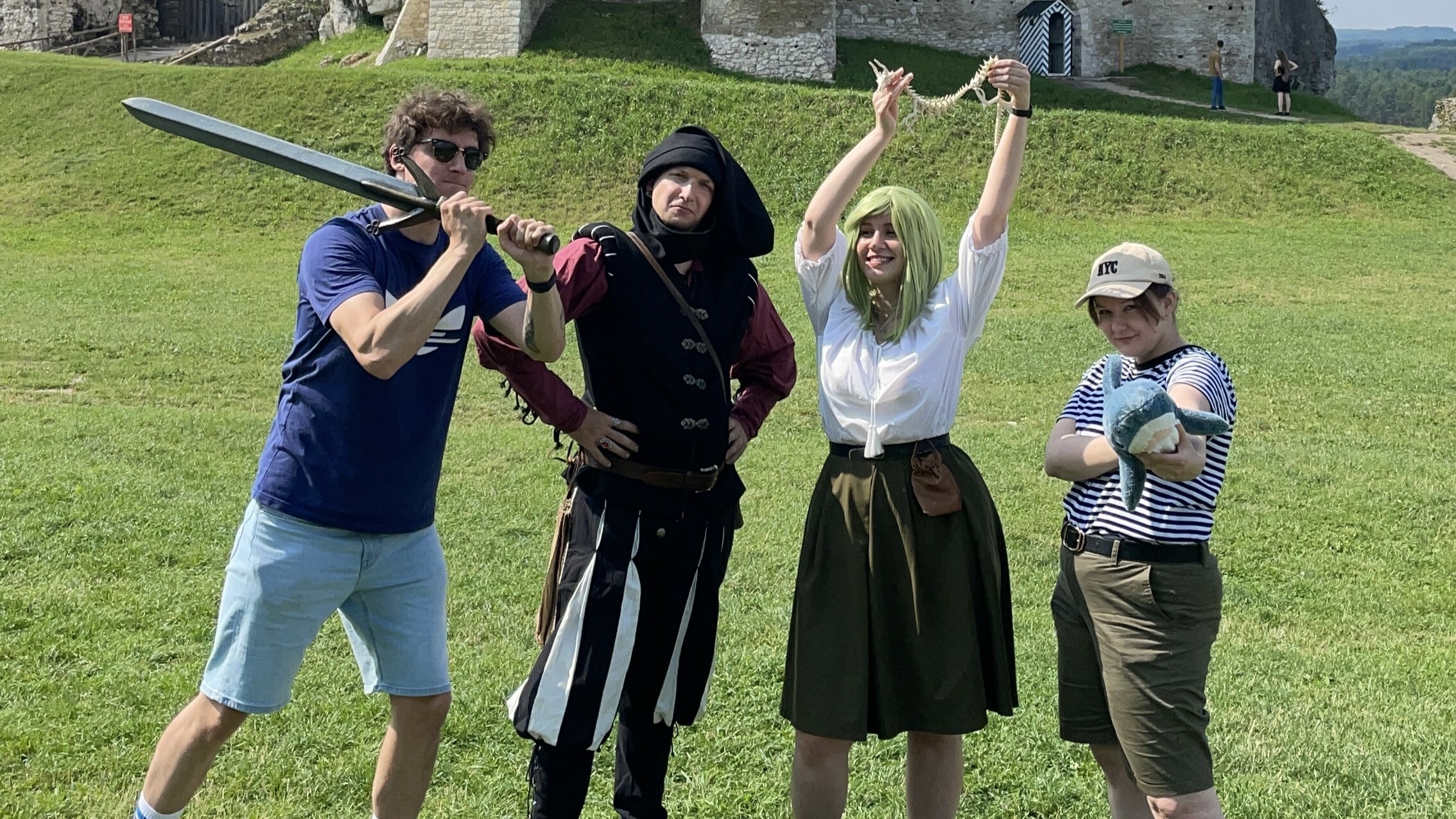
Your enthusiasm for Zoria has been our driving force, and we aim to deliver a game that exceeds your expectations. Together, we'll embark on an unforgettable journey, and can't wait to share it with you




























